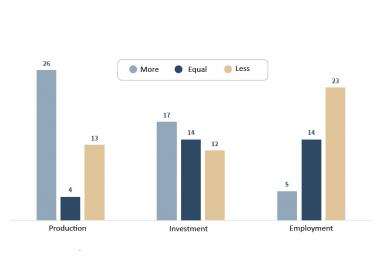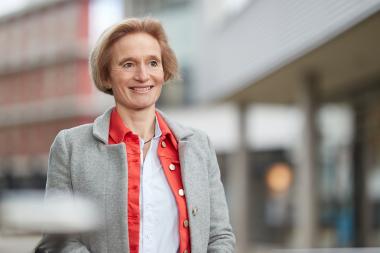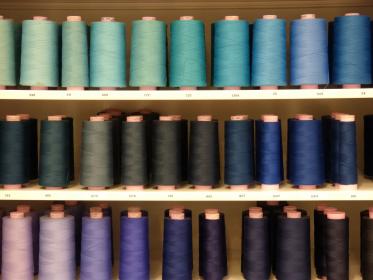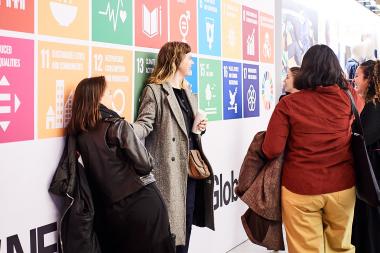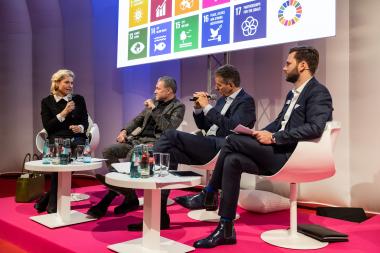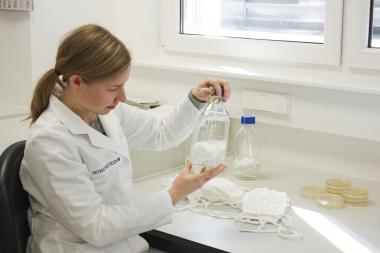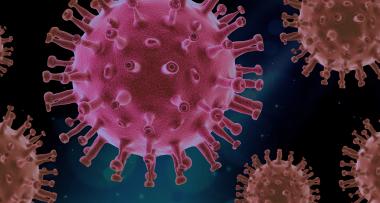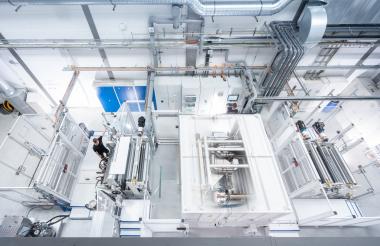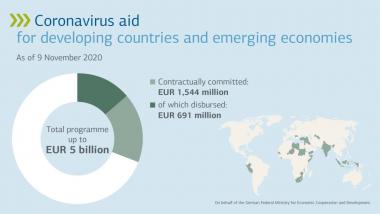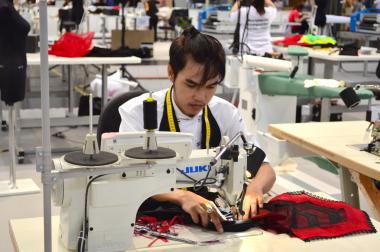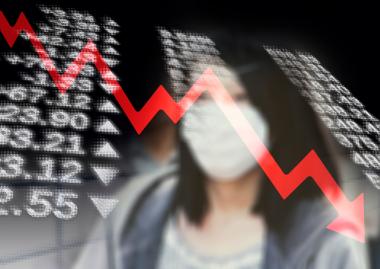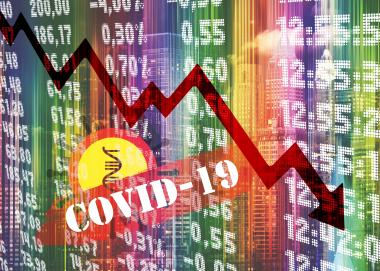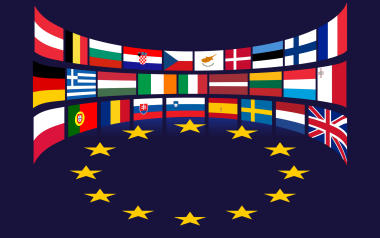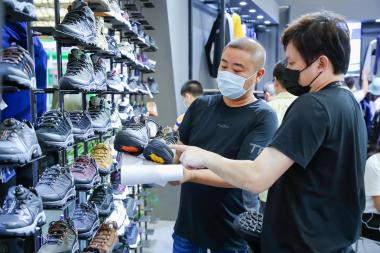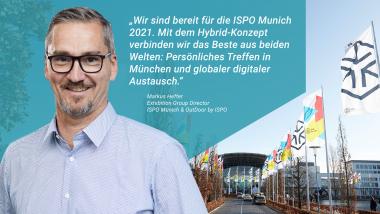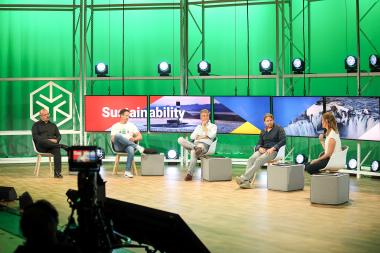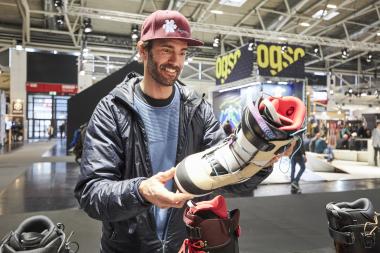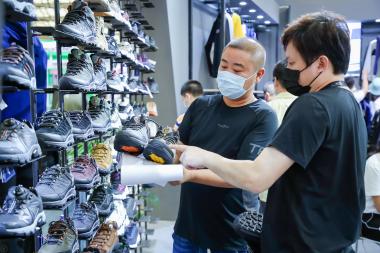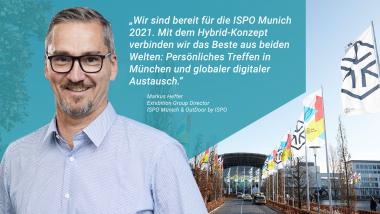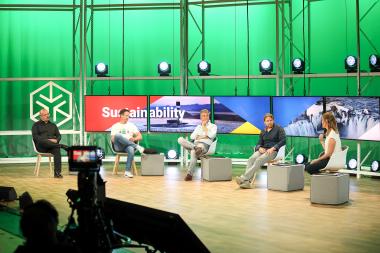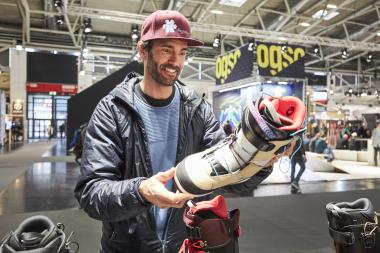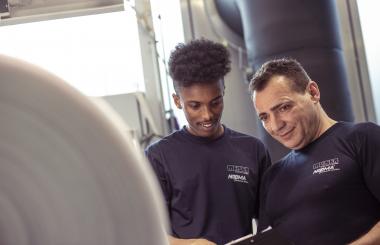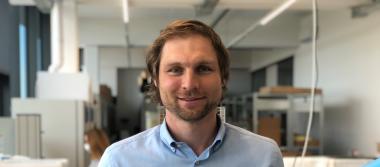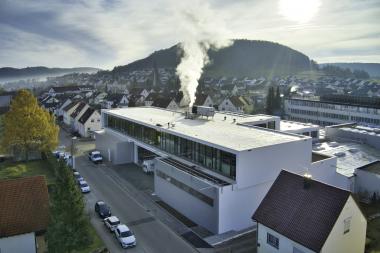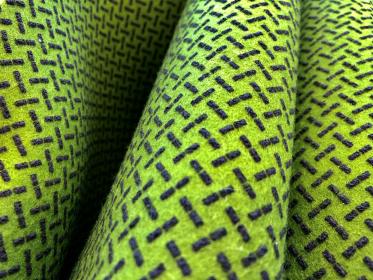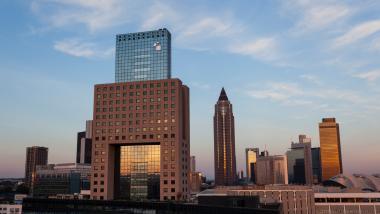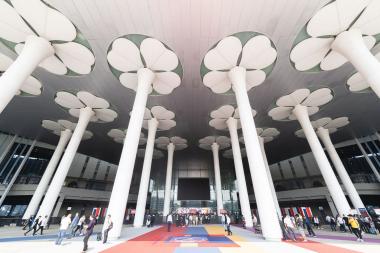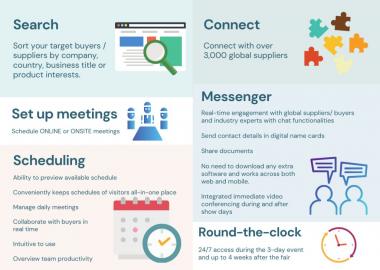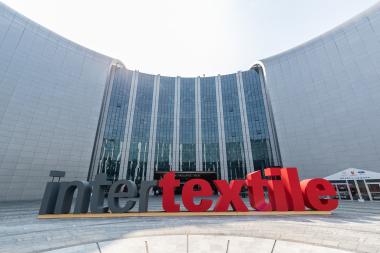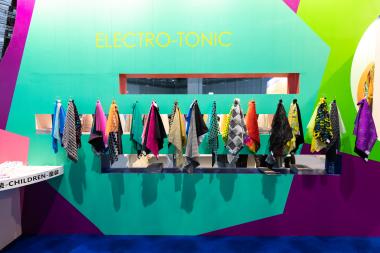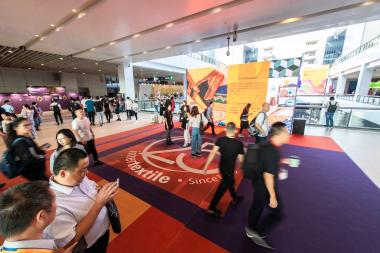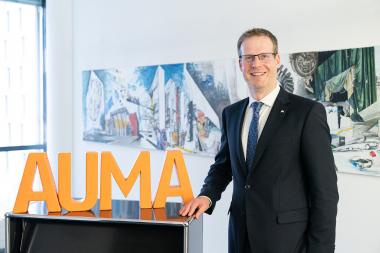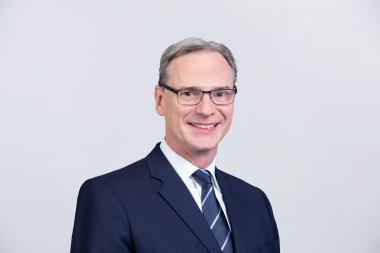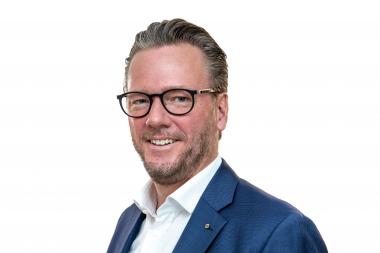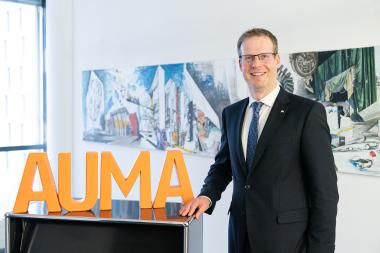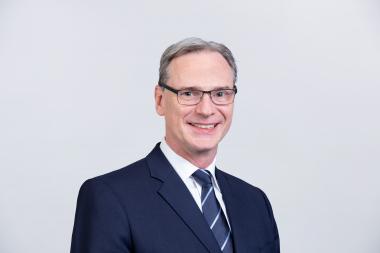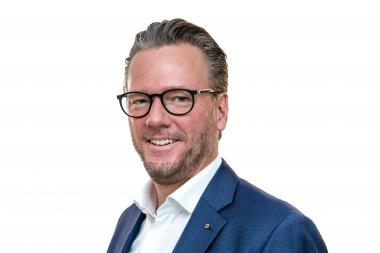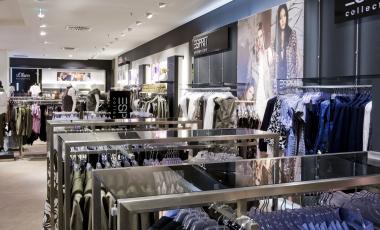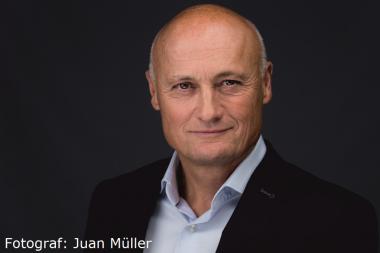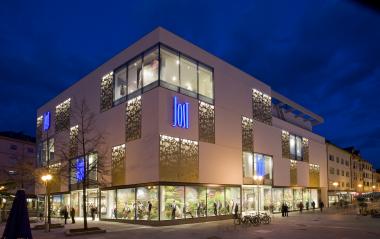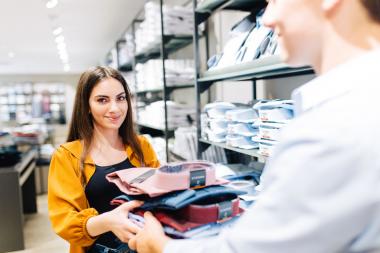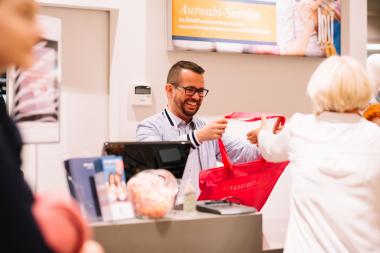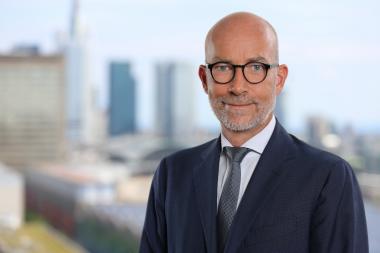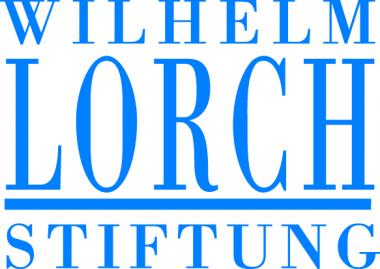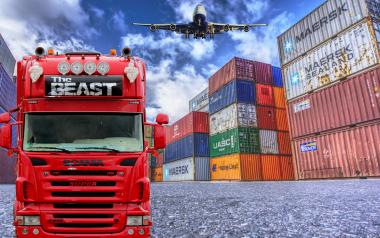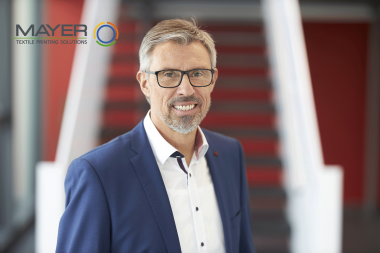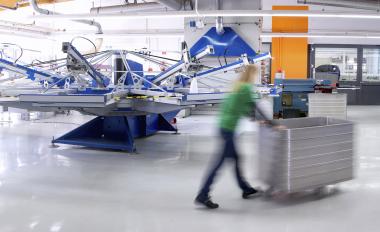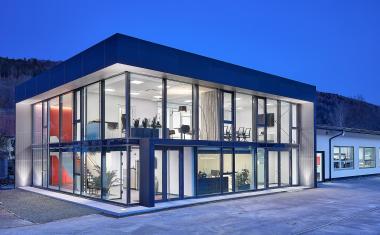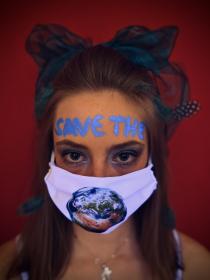5th Otto Group Trend Study: Ethical consumption established in German mainstream
Ethical consumption seems to have arrived at the center of society. 70 percent of respondents in the current trend study state that ethical criteria have become a fixed component of their purchasing decisions. 82 percent are in favor of a longer product life and greater material efficiency. And 63 percent are now even willing to bear the additional costs for climate-neutral products. The Otto Group's fifth Trend Study 2020 on ethical consumption formulates provocative theses that encourage rethinking and a new fresh view on the post-Corona world.
The trend towards ethical consumption has been observed for many years. Meanwhile, the focus of consumers has changed significantly. They no longer just want to do something good for themselves, they increasingly want to make a difference for others with their consumption. This has noticeable consequences for companies now, because those whose business activities demonstrably harm the environment and nature are finding it increasingly difficult to compete. Companies that do not share the values of their customers, which they believe in and hold on to, quickly lose the trust of their customers. And those who evade their responsibility for the common welfare, are sometimes even boycotted.
"The demands for sustainable changes in our economic system to politics and companies, and the willingness to take responsibility have reached the center of society," says the head of the study, Prof. Peter Wippermann of Trendbuero.
Key results of the current 2020 trend study include:
Ethical consumption becomes mainstream
For 70 percent of Germans, ethical criteria have become an essential part of their purchasing decisions. 20 percent of the respondents even say that they buy more consciously according to ethical criteria since the Corona crisis. Corona has led many people to rethink; purchasing decisions better thought-out, check whether they are necessary they seem to be taking on a different significance in the lives of individuals.
The throwaway society is becoming a discontinued model
82 percent of those surveyed are prepared to join the path from a throwaway society to a circular economy, and they are in favor of longer product lives and greater material efficiency. In addition, 63 percent would bear the additional costs for climate-neutral products. Here, too, is a change in the attitude of consumers, who appear to be increasingly willing to pay for the emissions they cause.
Sharing and second-hand are trending among consumers
The study shows that 73 percent of respondents think it is good to buy or sell used things such as worn fashion or old furniture. 54 percent of respondents even plan to borrow more in the future. While in 2013 52 percent of respondents were willing to share, swap, borrow or buy used things, by 2020 this figure had already risen to 64 percent.
Consumers increasingly recognize the limits of unbridled growth
70 percent of those surveyed foresee serious difficulties for people and the environment if we continue to consume without restraint. 77 percent of Germans are in favor of industrialized countries taking on more responsibility in the fight against climate change and providing more support for poorer countries. 60 percent can now imagine paying the true costs of environmental pollution and climate change when making purchases. These results suggest that the importance of ethical consumption has not only been established in the people’s minds, but there is also an increasing willingness to dig deeper into their pockets for it.
Politics should set the framework for more ethical consumption
There is also a turnaround in the question of who should ensure more ethical consumption. 41 percent of Germans consider politics to be the driving force behind ethical consumption, 23 percent the economy and 22 percent each individual. In 2011 and 2013, only 27 percent of respondents thought that politicians should be held more accountable for this.
It is also interesting to note that the issue of consumer responsibility continues to grow: 70 percent of all respondents say that ethical criteria are now an essential part of their purchasing considerations. In 2013, the figure was only by 63 percent. Baby boomers (born up to 1964) in particular are pushing the purchase of ethical products. While in 2013 it was 65 percent who bought ethical products more often, by 2020 79 percent were already purchasing according to ethical criteria more frequently. Also interesting: 68 percent of those surveyed would boycott a supplier that behaves unfairly toward its employees and creates poor working conditions.
Alexander Birken, Chairman of the Executive Board of the Otto Group: "The question of whether our way of living and doing business needs to be adjusted is being asked more and more loudly. At least, this is confirmed by the results of this fifth trend study. We in the Otto Group want to make a difference, because it has been our belief for generations that, in the end, the economy must serve the people, not the other way around. However, to achieve this, we all have to change. Away from the throwaway society, toward sustainable and recyclable products, and a resource-friendly production method in which human rights are regarded higher and in which respect and mindfulness toward nature take on a new significance."
For the study, the results of a survey of 1,149 Germans between the ages of 14 and 74 from October 2020 were combined with perspectives based on trend research.
Download (only available in German)
Otto Group




